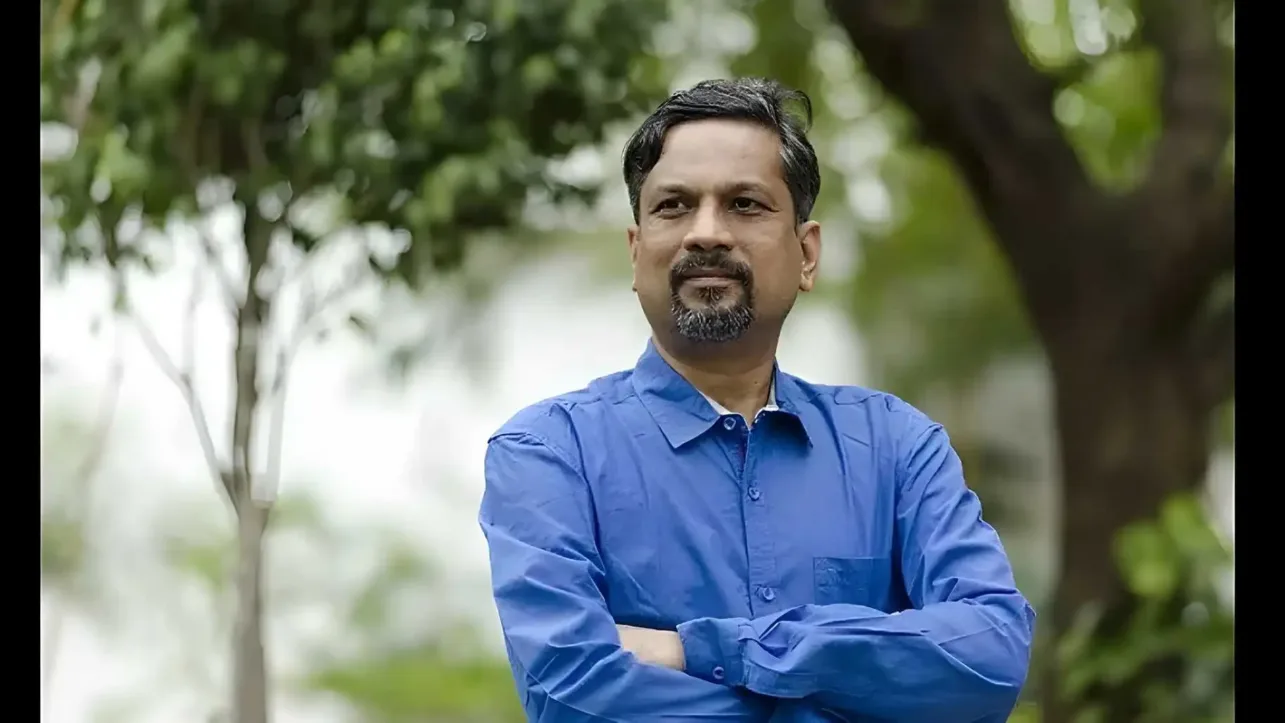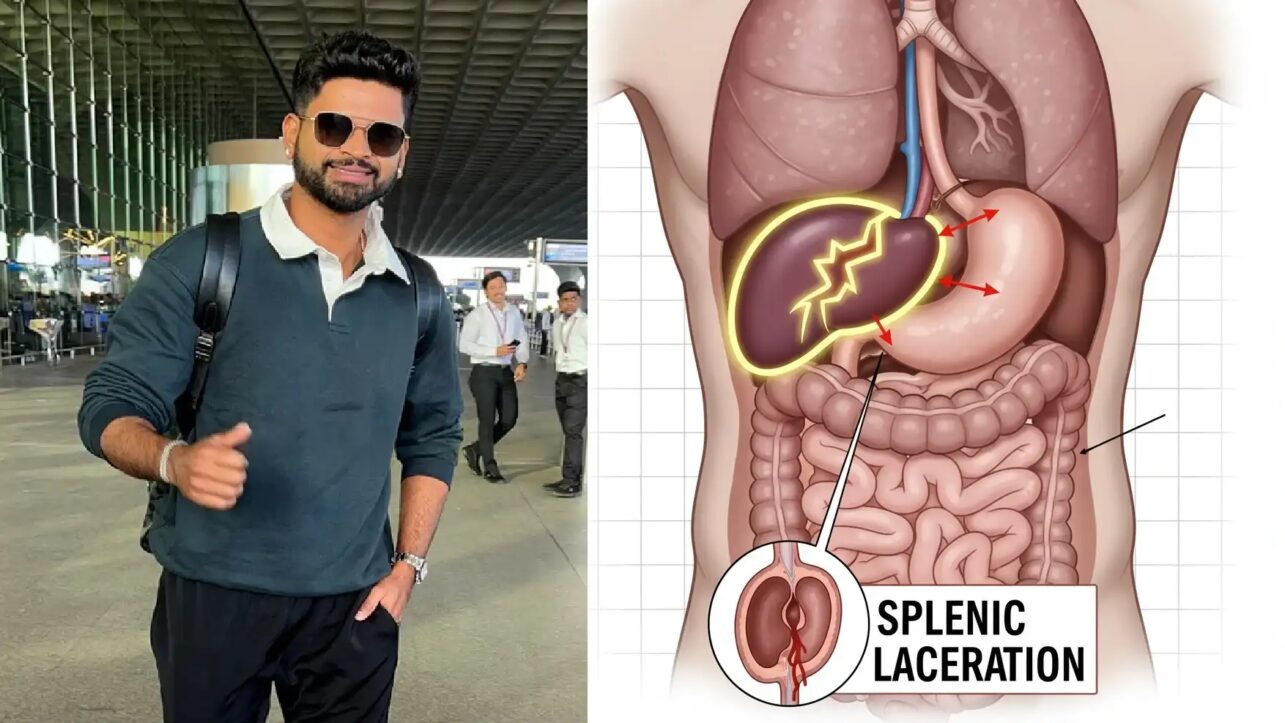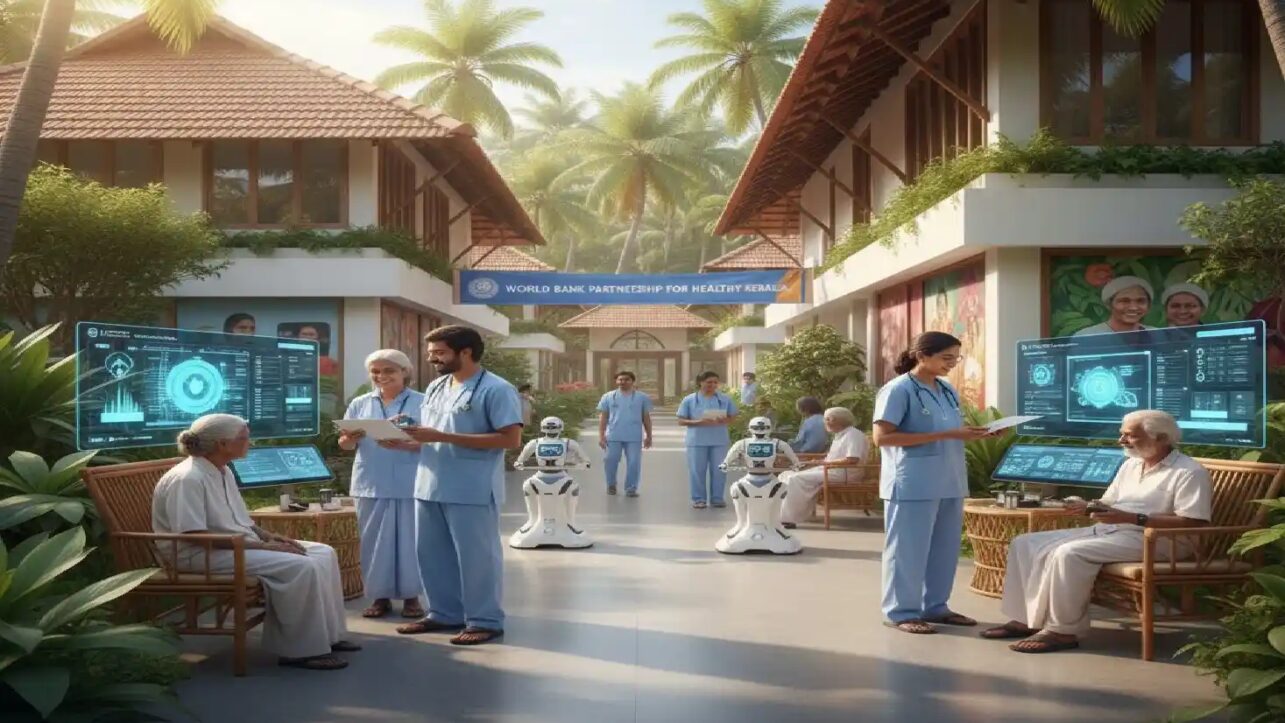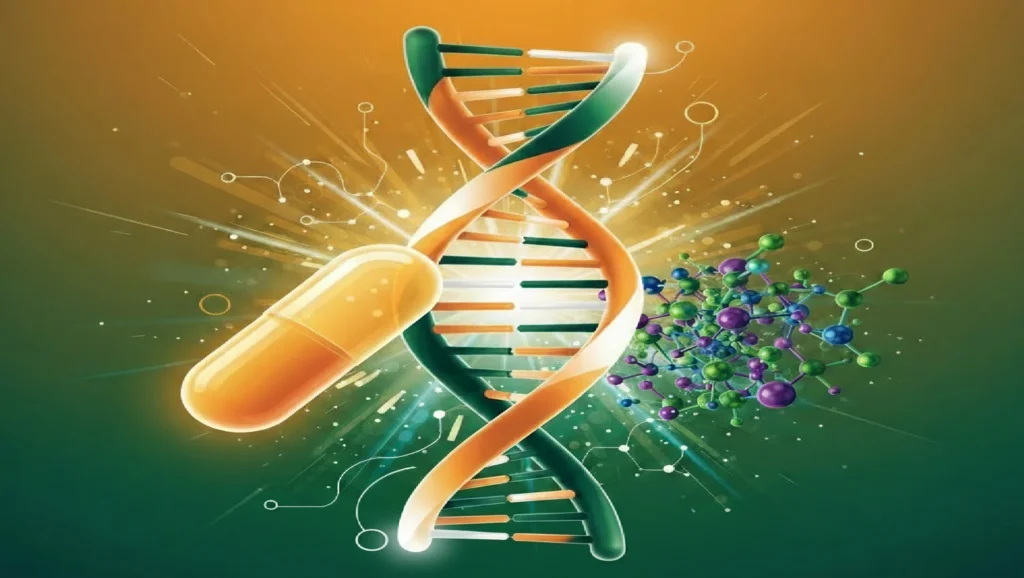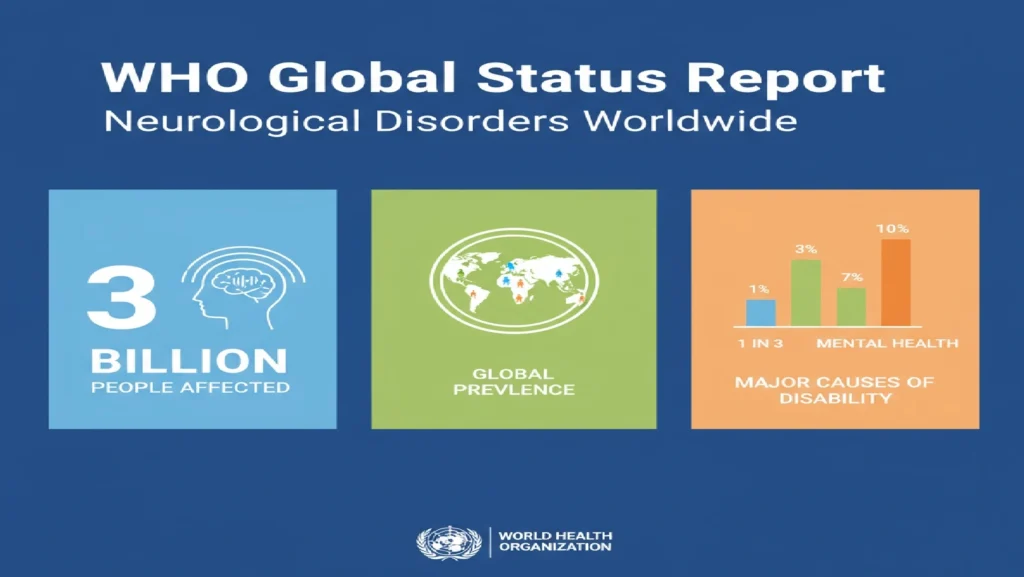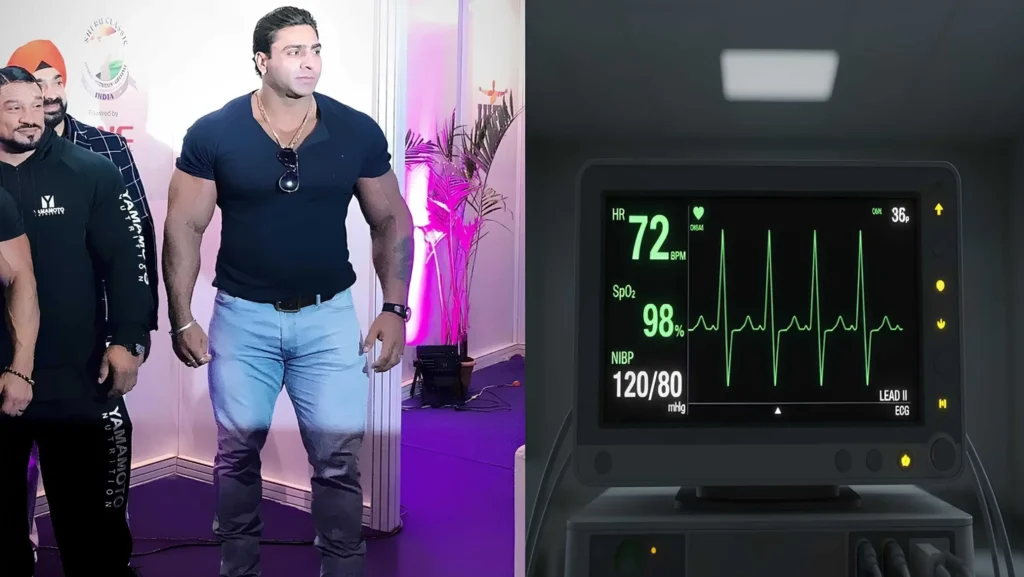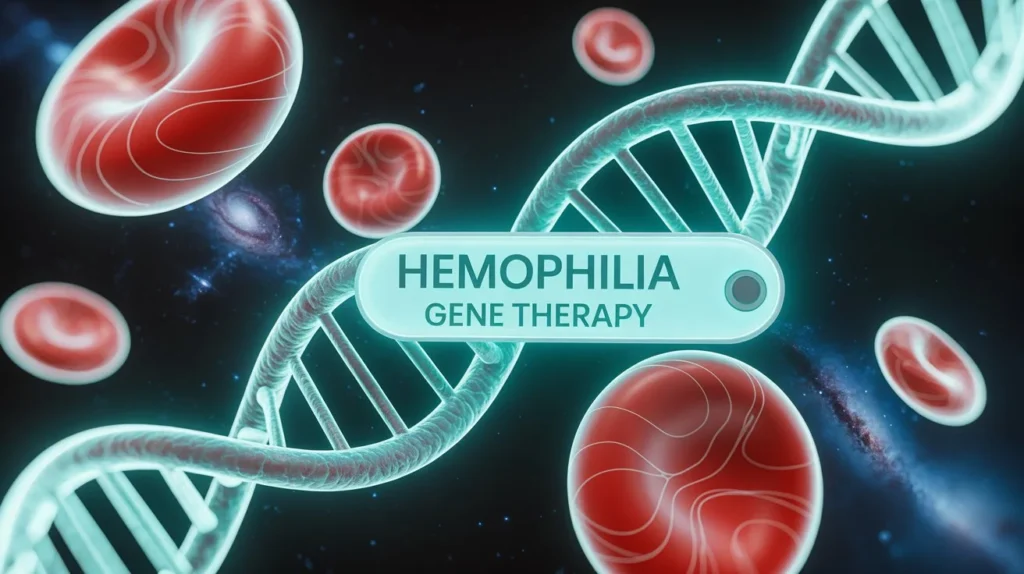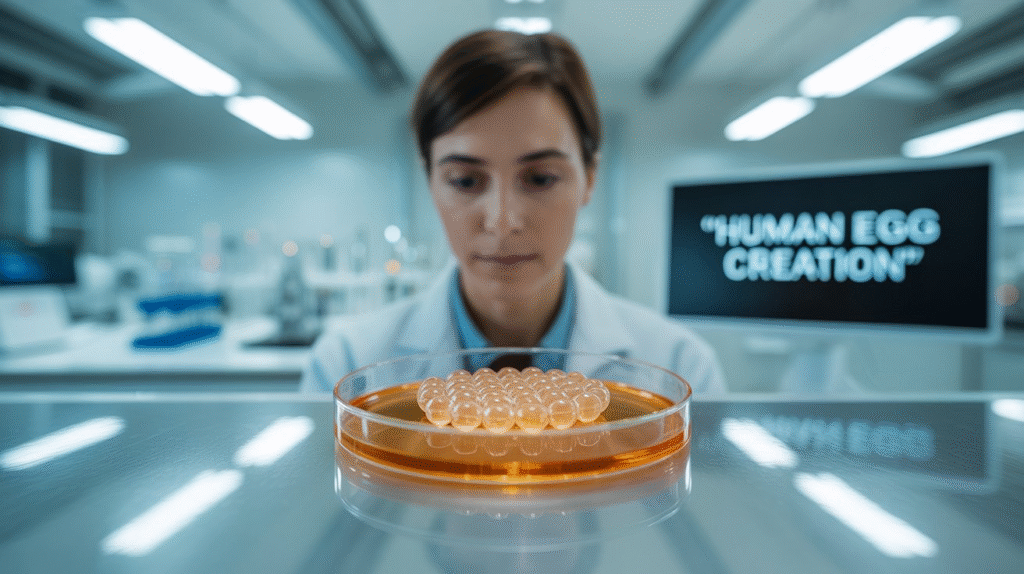A New Era in Cardiac Diagnostics: The Story of Narayana Health’s AI ECG Model
The familiar zigzag lines on an electrocardiogram (ECG) have long been a powerful diagnostic tool for cardiologists. Yet for countless patients in India, the journey from an ECG printout to a definitive diagnosis of heart failure could be mired by delays, costs, and the necessity for expert echocardiography—an advanced, expensive imaging test that isn’t always available, especially in rural regions. Now, this reality is undergoing radical transformation.
The Challenge: Heart Failure, Missed Diagnoses, and India’s Health Divide
Heart failure represents a silent epidemic, affecting an estimated 10 million Indians and driving over 1.8 million hospital admissions annually. Timely diagnosis is critical, yet the gold standard—echocardiography (ECHO)—requires expensive machines and highly trained operators. For rural and resource-limited clinics, this barrier results in late interventions and preventable morbidity.
ECGs, in contrast, are widely available, cheap, and quick. But their role has traditionally been limited to electrical abnormalities, not functional heart assessment. Distinguishing between electrical patterns and actual pumping function (measured as “ejection fraction,” or EF) requires specialized expertise.
The Breakthrough: AI Predicts Heart Function from ECG
Enter Narayana Health, supported by its Medha AI division and Clinical Research Team. The group trained a pioneering algorithm on more than 100,000 ECG images paired with echocardiogram reports—creating an advanced model capable of predicting left ventricular ejection fraction (LVEF) from a simple ECG image in just 10 seconds.
Validation was rigorous: across 14 tertiary hospitals and over 57,000 patients, the model demonstrated 97% accuracy in flagging patients with severely reduced EF (≤35%), frequently identifying potential heart failure an average of 58 days before doctors ordered echocardiography.
How the Model Works: Simple, Scalable, Seamless
Unlike conventional approaches that need physical cardiac imaging, the AI model operates directly on standard ECG outputs. Clinicians upload the ECG image into Narayana’s cloud platform—integrated natively with its proprietary electronic medical record (EMR) system Athma—and receive near-instant feedback on cardiac function.
This enables:
- Early identification: Physicians can triage at-risk patients and expedite intervention, even in primary and secondary care settings.
- Broader reach: The model leverages universally available ECG machines, avoids the expense of echocardiograms, and operates in cloud-connected environments.
- Workflow integration: Built for seamless use, the AI tool fits into existing clinical routines, minimizing disruption for healthcare providers.
Clinical Impact: Bridging India’s Healthcare Gap
For Dr. Devi Shetty, Founder and Chairman of Narayana Health, the innovation is “far more than a tech breakthrough—it’s a game-changer in making advanced diagnostics accessible to all.” By predicting heart failure from an ECG, providers can act early—especially for those with limited access, such as rural populations, the elderly, and the economically disadvantaged.
Early detection translates to:
- Lifesaving lead time for intervention
- Reduced hospital admissions
- Lower healthcare costs
- Improved patient outcomes
Research Rigor: Building and Validating the Model
The Medha AI team describes the model’s architecture as both robust and familiar, leveraging deep learning approaches refined by clinical problem statements. Teams combined expertise in cardiac electrophysiology, imaging, and data science, training on a uniquely large dataset from Indian patients.
Besides Narayana Institute of Cardiac Sciences in Bengaluru, validation was performed at centers like Mazumdar Shaw Medical Centre and Rabindranath Tagore International Institute of Cardiac Sciences in Kolkata, among others—ensuring generalizability for a diverse population.
Real-World Validation and Awards
Academic peer review and regulatory validation have already begun, with the model published in the Indian Heart Journal and awarded the South Asia Digital Innovation Award by the British Medical Journal.
Leadership from Narayana Health—including Dr. Emmanuel Rupert (CEO), Dr. Pradeep Narayan (Chief Scientific Officer), and Dr. Deepak Padmanabhan (Lead—Cardiac Electrophysiology)—attest that the platform is already affecting decision-making in real clinical environments.
Potential for Global Health and Future Directions
The innovation puts India at the forefront of global health technology: a scalable, AI-powered diagnostic tool developed from local data, but potentially applicable worldwide. The Narayana Health AI model offers a blueprint for other regions with similar resource gaps, including Africa, Southeast Asia, and rural North America.
Looking ahead, leaders envision:
- Broader adoption in public hospitals across India and beyond
- Expansion of AI models for other cardiac and non-cardiac conditions
- Integration with remote telehealth solutions
- Ongoing model refinement and regulatory approvals
Challenges and Criticisms
Despite its promise, experts caution that AI diagnostics should augment, not replace, clinical judgment. Model bias, false positives, and local variations in ECG quality must be continually assessed. For maximum impact, technology transfer and staff training initiatives will be crucial, especially where digital health infrastructure is less reliable.
Voices from the Front Lines
“Healthcare will never be the same again,” remarked Vive Raj Gopal, Chief of AI at Narayana Health. Speaking at the launch, the entire interdisciplinary team highlighted the collaborative spirit needed to drive such projects—from clinicians to coders to IT specialists.
Dr. Abu, part of the analytics division, noted: “This is a tool to screen for disease in a population of India’s size, with its unique cardiac epidemiology. We can now predict heart failure easily using ECGs, something unimaginable five years ago”.
Patient Stories: A Glimpse into the Future
Imagine a middle-aged farmer in Karnataka, presenting with fatigue and shortness of breath. Previously, a missed ECHO appointment could mean weeks of uncertainty. Now, his ECG may be scanned at the local clinic, uploaded instantly, and flagged for urgent referral, potentially saving his life.
Conclusion: The Pulse of Progress
Narayana Health’s AI-powered ECG model marks a revolutionary moment for Indian healthcare, the promise of digital transformation in medicine, and a new benchmark for global innovation in AI-assisted diagnostics. For millions of patients, for every clinician burdened by the limits of current technology, and for every policymaker intent on reducing healthcare inequity, the lesson is profound: The heart of care is changing—and Narayana Health is helping set the pace.








